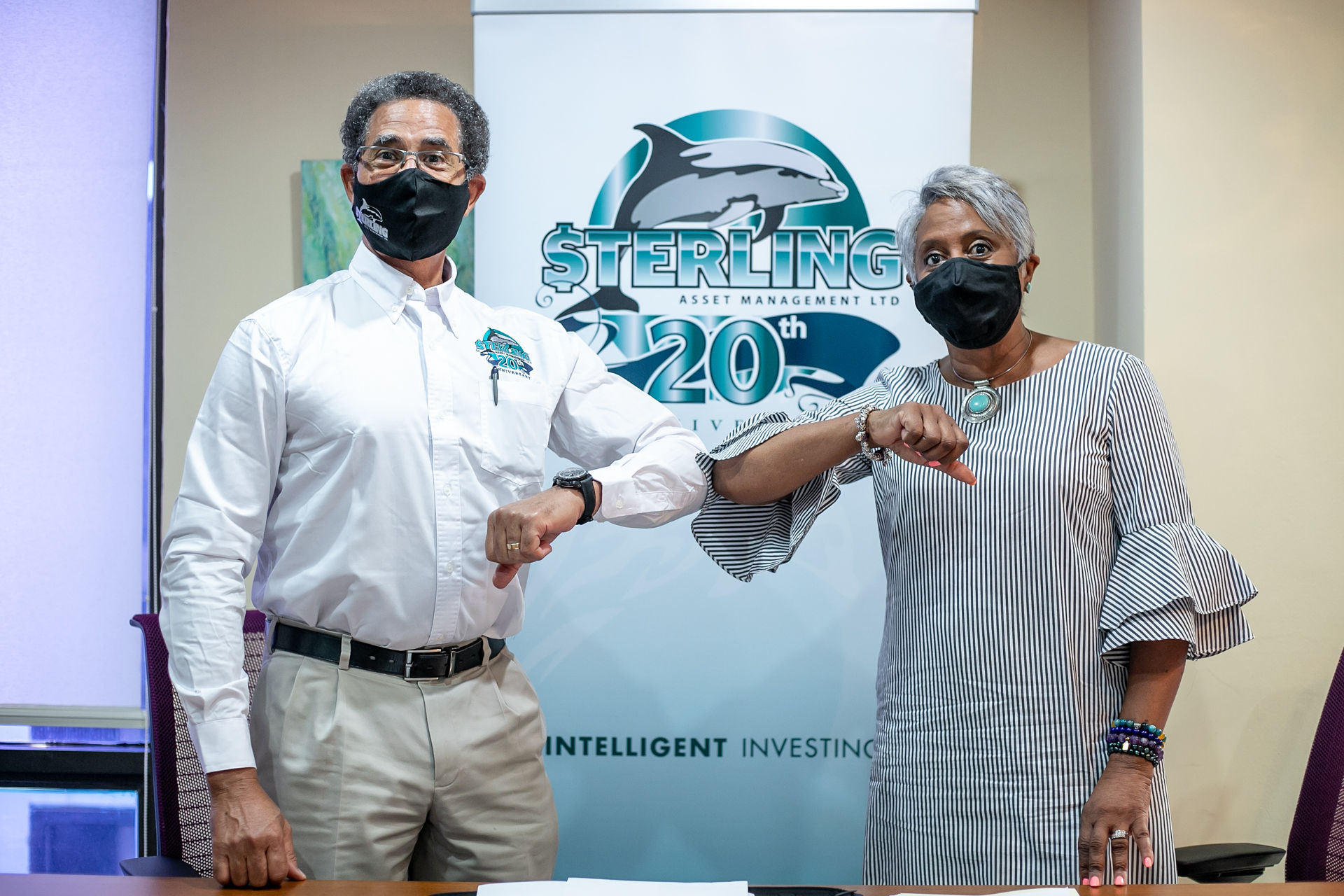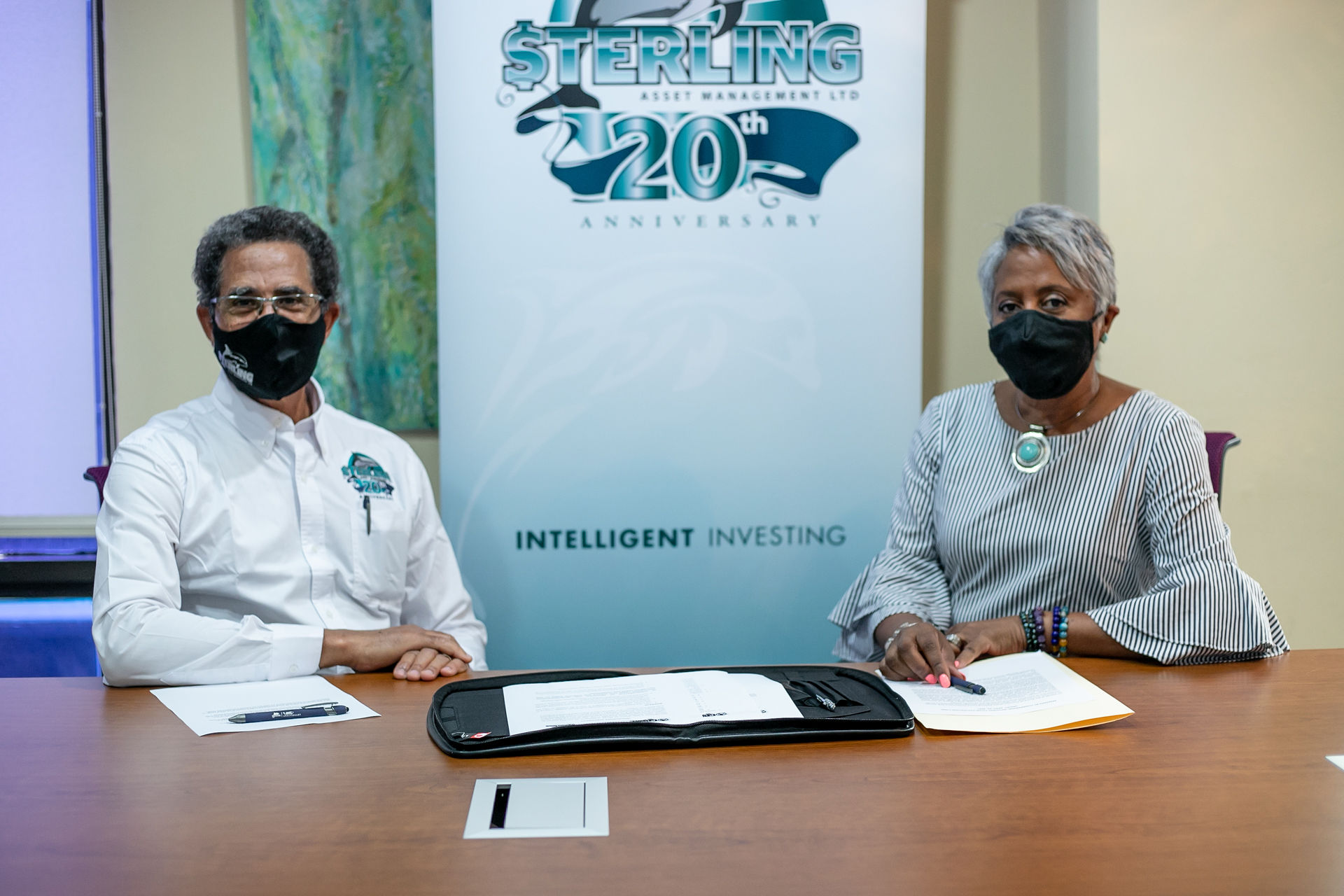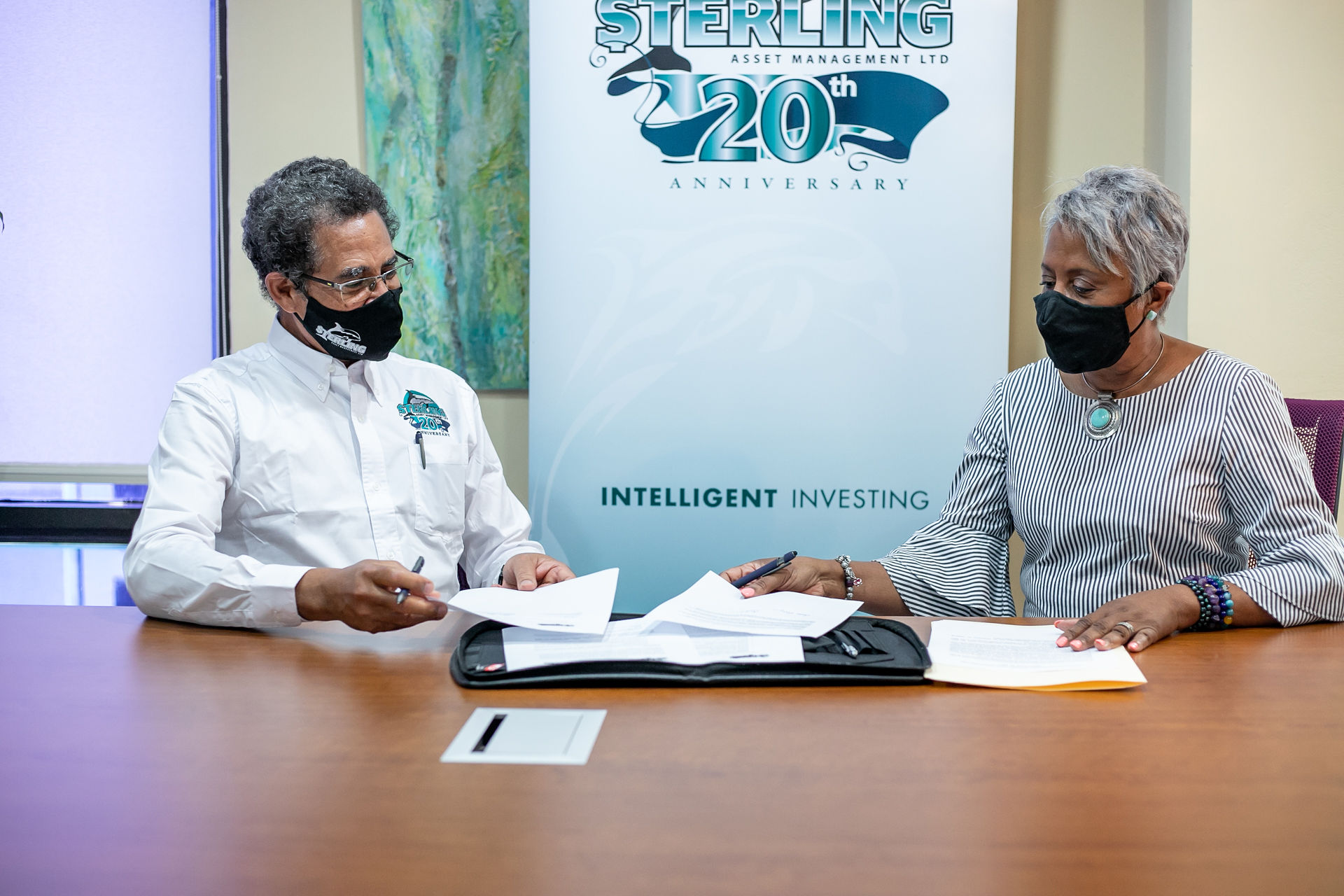Sterling supports Crime Stop Jamaica with a 3 year agreement of on going support




How often do you re-assess how much money you will need to last you through your retirement? Did you know that this figure will change based on the interest rate environment? Interest rates affect how much money you need to put aside each month for retirement. It also affects what your investments will earn during retirement.
Picture this:
The U.S. equity markets have attracted a lot of interest in recent months as the economic recovery takes shape (i.e., V-shaped recovery) and even accelerates. Indeed, the equity markets have had a tremendous run since their COVID-19 meltdown in March 2020 which resulted in the major U.S. indices falling about 30%. The S&P, DOW & NASDAQ indices have all rebounded strongly and sharply, notching gains of 84%, 81% & 102%, respectively.
Simple can be considered as boring, but sometimes simple is exactly what we need. I recently met with a prospective investor (virtually of course) who had gotten badly burned in the stock market. After licking his wounds, he decided he was ready to invest again, but after his bad experience he wanted a simple, short term investment that would allow him to sleep better at night. A promissory note seemed like the best fit.
What is a promissory note?
According to FSC data, the total assets of the private pension plan industry as of September 30, 2020 stood at J$639.29 billion. 37% of this J$639.29 billion is invested in “pooled investment arrangements” (I.e., mutual funds or unit trusts). This is the single largest concentration in any asset class. In other words – pension fund managers primarily use Pooled funds to store value and generate returns. What are “pooled investment arrangements”? Why is the concentration so high and if this is a good thing, is it possible for me to buy these investments myself?
All great relationships begin with trust and understanding. This applies in both personal and professional situations. Choosing a financial advisor for investment guidance should also adhere to this principle. The investor/advisor relationship should be one where the investor trusts the expertise and integrity of the advisor and the advisor should understand the goals and risk-profile of the investor. This will allow for a mutually beneficial relationship.
You have probably heard the phrase that interest rates and bond prices move in opposite directions. That is, as interest rates rise bond prices are expected to fall and vice versa. However, since the start of 2021 we have observed a steady rise in international rates, yet corporate bond prices continue to increase. How can this be? Before we try to address this apparent paradox, let us explore the reasons behind the current rate moves (particularly in the U.S.) and whether this should be cause for serious concern for bond investors.